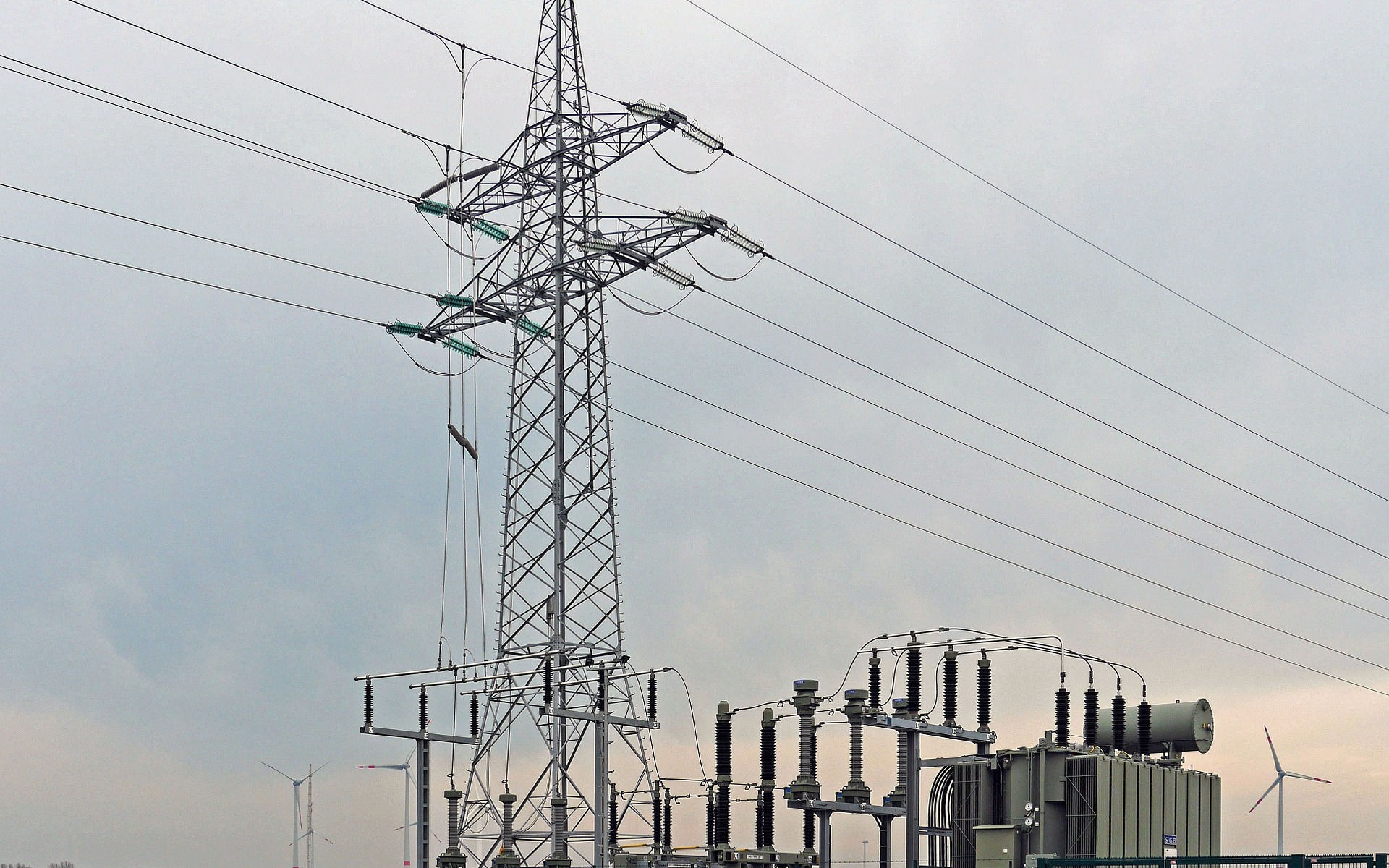Episode 200: What is a smart grid?

Have you ever wondered what a smart grid is? On this week’s Energy Bite, Richard Huntsinger, a recent PhD graduate of Carnegie Mellon University, has some answers.
Listen
Respond
- What is a smart grid? by Department of Energy
- Grid Modernization and Smart Grid by Office of Electricity Delivery and Energy Reliability
- Smart grid brings U.S. power into 21st century by Environmental Defense Fund
Transcript
HOST: What is a smart grid? On this week’s Energy Bite, Richard Huntsinger, a recent PhD graduate of Carnegie Mellon University, has some answers.
HUNTSINGER: A smart grid is an electricity distribution network that includes smart meters. The meters collect data about electricity usage for a household or building. They are like traditional meters, except that they measure usage not every month, but rather every hour or half-hour, and they send this information directly back to the utility. Usually, smart grid also means so-called smart appliances in homes and buildings, which use data to run more efficiently, and perhaps alternative electricity resources like solar and wind generation.
HOST: What is the benefit of a smart grid over the traditional electricity distribution network?
HUNTSINGER: Right now, utilities are using smart grids to more efficiently measure and bill you for electricity usage. Some are also analyzing smart grid data to better understand their customers’ electricity usage behavior and how pricing incentives could benefit them. At Carnegie Mellon University, we are starting to analyze smart grid data to learn how electricity from solar- and wind-generated sources is affecting overall electricity usage, and how forecasters can better predict electricity demand.
HOST: Have you ever wondered how your smart meter is helping measure your bill effectively? Take our poll, see the results, and ask your energy questions at Energy Bite dot org.
 Energy Bite
Energy Bite 
